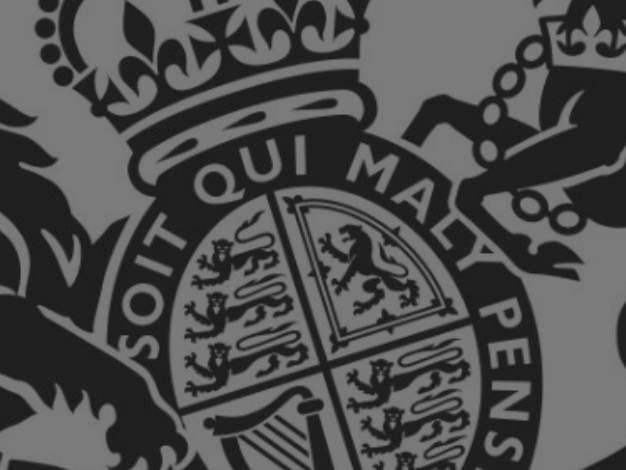Outsourcing is Too Big, Time to Manage it Back Down to Size
Simon Lydiard reflects on the implications for public sector outsourcing of Carillion’s collapse
The collapse of Carillion was an accident waiting to happen. To understand why, just reflect on Theresa May’s claim at PMQs that the Government were customers of Carillion, not its manager.
Until two years ago, I was Director of the Department for Transport’s Contract Management Excellence Programme, and responsible for managing strategic supplier relationships.
In recent times – under governments of various colours – public sector outsourcing has become more prevalent, and contracts have grown vastly in size and scope. The major casualty – apart, perhaps, from value for money – has been the public sector’s intelligent client function: the means by which services are specified and managed. I don’t just mean lack of resources, though that is a factor (I had to close DfT’s supplier management programme during the Coalition Government), but the collapse of confidence and logic resulting from the ideological elevation of the private sector over the public sector.
As contracts became bigger, the public sector began to lose “in house” knowledge and capability, such that even the ability to specify requirements diminished. The result was often the hiring of high-cost consultants to specify contracts. Once the contracts were let and the consultants had gone, public sector employees picked up the burden of management – often of very complicated contracts, which they were ill-equipped and ill-resourced to do.

A particular irony is that large outsourced contracts are both too expensive and too cheap. Fixed-price contracts aren’t usually adjusted up or down to take account either of efficiencies or cost growth. Greater public sector provision or control could hold prices closer to real costs. The price paid also includes a high premium for private sector management – witness the huge salaries paid to Carillion’s senior managers. Public sector counterparts are paid far less. But smaller suppliers are often squeezed on price – meaning that much of the “front-line” activity is under-resourced at the expensive of private sector bureaucracy.
So, is the era of outsourcing coming to an end? I don’t see it as starkly as that. But I do think there should be a major shift – towards smaller, more specific contracts. Outsourcing smaller packages of work, with smaller, more specialist companies. Rather than buying big packages of work from companies, who often themselves outsource to smaller companies – taking a large “cut” to manage them and not always treating them fairly. What this means for the public sector is the need for a larger, better-skilled and properly supported cadre of contract managers.
Public services are not retail offerings, and the public sector is not a casual shopper, a mere customer. Government has a responsibility to deliver to the public that it cannot outsource – and which it must manage.

Simon Lydiard is an Associate of DragonGate and a Founding Partner of Breaking Barriers Innovations.

























